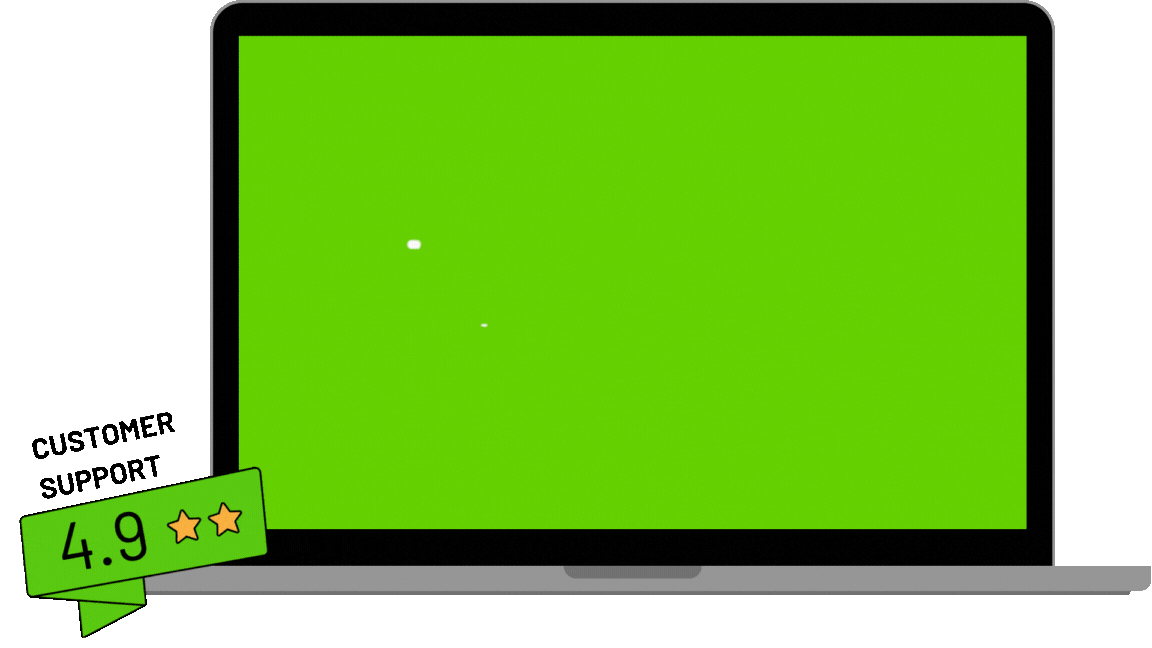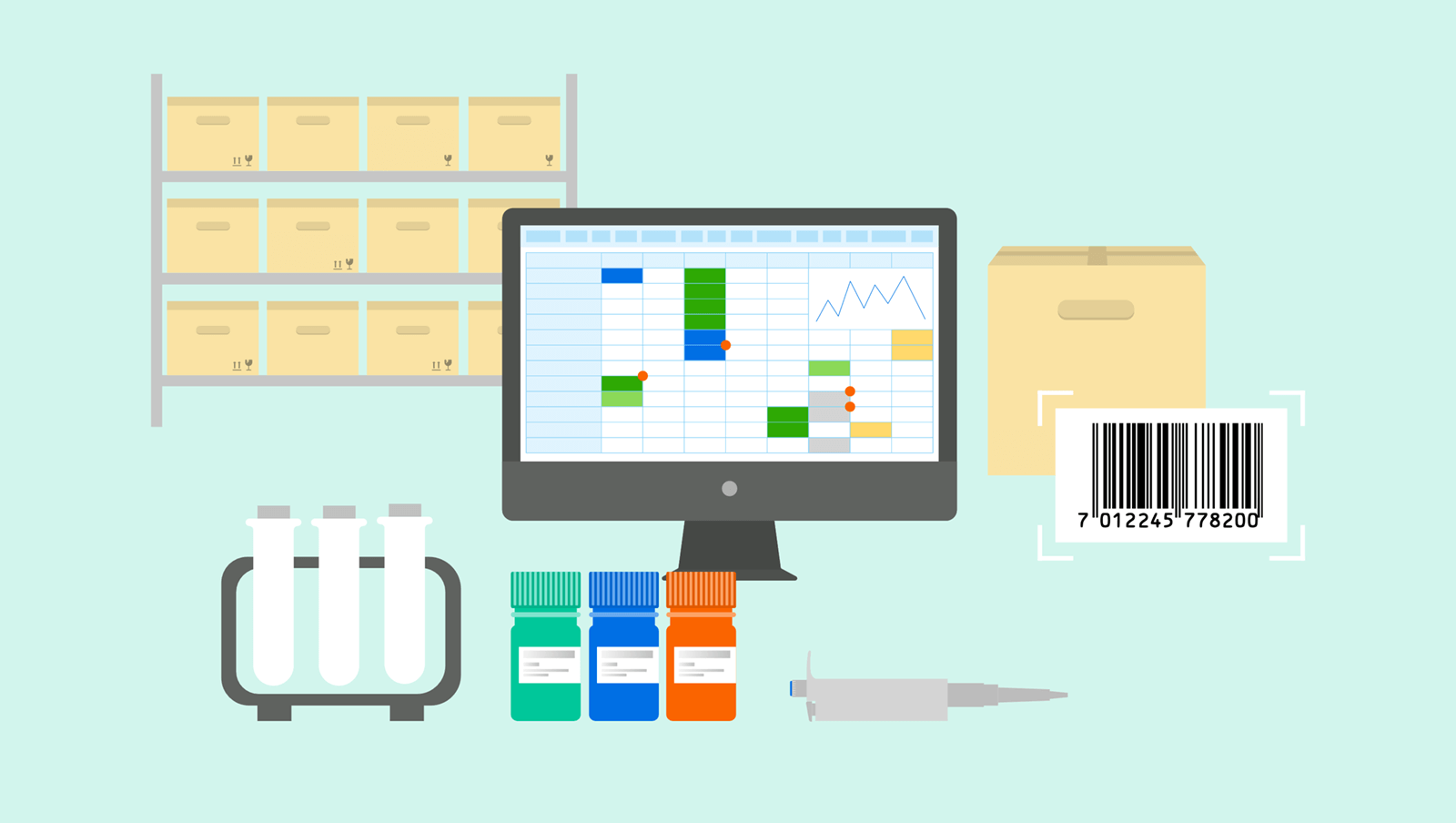Table of Contents
What is a LIMS system?
In today’s labs, a Lab Information Management System (LIMS) has become a must-have for managing data, workflows, and compliance. But while a LIMS is powerful, it’s not the end all be all. Many labs discover that a LIMS alone doesn’t cover procurement or supply chain management, two areas critical for keeping science moving.
ZAGENO’s biotech procurement platform integrates with LIMS and ELNs to extend their value. In this article, we’ll explain what a LIMS is, what it does, how it compares to other lab systems, and how ZAGENO fits into the bigger picture of a fully connected lab ecosystem.
What is a LIMS system used for?
A LIMS is used to manage and track all data and documentation related to lab operations. Typical applications include:
- Sample management and tracking: Create a complete audit trail, from sample receipt through disposal.
- Inventory management: Monitor lab supplies and scientific instruments to avoid overstocking or shortages.
- Workflow management: Standardize laboratory processes across teams.
- Compliance support: Maintain quality control and regulatory compliance with built-in SOP enforcement.
For more insights, read Lab Manager’s feature on Overcoming Laboratory Challenges with Optimized LIMS Implementation.
Key features of a LIMS solution
When evaluating LIMS software, look for systems that offer:
- Sample management and tracking
- Lab automation (integrates with instruments and robotics)
- Instrument integration (real-time data capture and reporting)
- Electronic Lab Notebooks (ELNs) for digital experiment records
- Quality control features to enforce SOPs
- Workflow standardization to ensure consistency
- Comprehensive reporting for audits, finance, and project updates
Related: Learn how technology is shaping biotech procurement.
Benefits of using a LIMS system
Adopting a LIMS system offers clear advantages:
- Increases efficiency and productivity by centralizing data and automating repetitive tasks
- Reduces errors by eliminating manual transcription and duplicate data entry
- Improves accessibility with cloud-based access from any location
- Cuts costs by optimizing lab inventory and streamlining purchasing processes
- Enhances collaboration across departments with shared data access
- Supports scalability as labs expand or integrate new instruments
For more on procurement savings, read the case study, Streamlining Lab Supply Ordering for Cost Savings.
LIMS vs. ELN: What’s the difference?
A LIMS focuses on managing lab data, samples, and workflows at the organizational level, while an Electronic Lab Notebook (ELN) records individual experiments and protocols.
- LIMS = operations and compliance backbone
- ELN = digital replacement for paper lab notebooks
Many modern solutions combine both, but understanding their roles helps labs choose the right mix of tools.
For more on how these solutions fit into the larger lab management ecosystem, check out our guide to lab management tools and software.
LIMS vs. ELN vs. ZAGENO: How they work together
|
Tool
|
Core Function
|
Best For
|
Limitations
|
How ZAGENO Complements It
|
|---|---|---|---|---|
|
LIMS
|
Manages samples, lab data, workflows, and compliance
|
Lab operations & quality management
|
Often siloed from procurement; complex to customize
|
ZAGENO integrates with LIMS to sync inventory and automate supply reordering
|
|
ELN
|
Digital notebook for experiments & protocols
|
Scientists recording methods & results
|
Doesn’t manage inventory, procurement, or compliance at scale
|
ZAGENO connects ELNs to suppliers, ensuring experiments have the right materials
|
|
ZAGENO
|
Procurement platform for lab supplies & vendor management
|
R&D, procurement, and finance teams
|
Doesn’t manage lab workflows or experimental data
|
Works alongside LIMS and ELNs to unify operations with supply chain management
|
This stack — LIMS + ELN + ZAGENO — creates a connected lab ecosystem that covers data, workflows, and procurement.
How ZAGENO complements your LIMS
A LIMS manages internal data and workflows. But procurement often remains disconnected. That’s where ZAGENO’s biotech procurement platform steps in.
With direct integration into your LIMS or ELN, ZAGENO enables:
- Automatic supply reordering when items run low
- Predictive analytics to prevent stockouts
- Centralized purchasing with one metacart, one PO, one invoice
Together, your LIMS + ZAGENO form a fully synchronized lab ecosystem, connecting data management with procurement for maximum efficiency.
FAQs about LIMS, ELN, and ZAGENO
What problems does a LIMS solve?
A LIMS solves issues like sample mislabeling, lost data, compliance gaps, and inefficiencies caused by manual processes.
Who uses a LIMS system?
LIMS users include lab managers, technicians, researchers, and quality teams across biotech, pharma, and clinical labs.
What are the core features of a LIMS?
Core LIMS features include sample tracking, workflow automation, instrument integration, reporting, and compliance management.
Can a LIMS integrate with other software?
Yes, most modern LIMS integrate with ELNs, lab automation tools, and procurement platforms like ZAGENO.
Is a LIMS the same as an ELN?
No. A LIMS manages lab-wide operations and compliance, while an ELN captures experiment notes and protocols.
Do labs need both a LIMS and an ELN?
Often yes. Many labs use both: LIMS for operations and compliance, ELN for experiment documentation.
How does ZAGENO fit with LIMS and ELN systems?
ZAGENO complements LIMS and ELN by connecting procurement, automating supply reordering, and centralizing vendor management.
Can ZAGENO replace a LIMS?
No. ZAGENO is not a LIMS; it’s a procurement platform that works alongside LIMS and ELNs.
Ready to optimize your lab?
A LIMS system is essential, but it isn’t designed to manage procurement. By integrating ZAGENO’s life sciences procurement platform with your LIMS or ELN, you connect internal workflows with external suppliers, giving you automated ordering, predictive stock analytics, and access to 40M+ SKUs from 5,000+ vendors.








